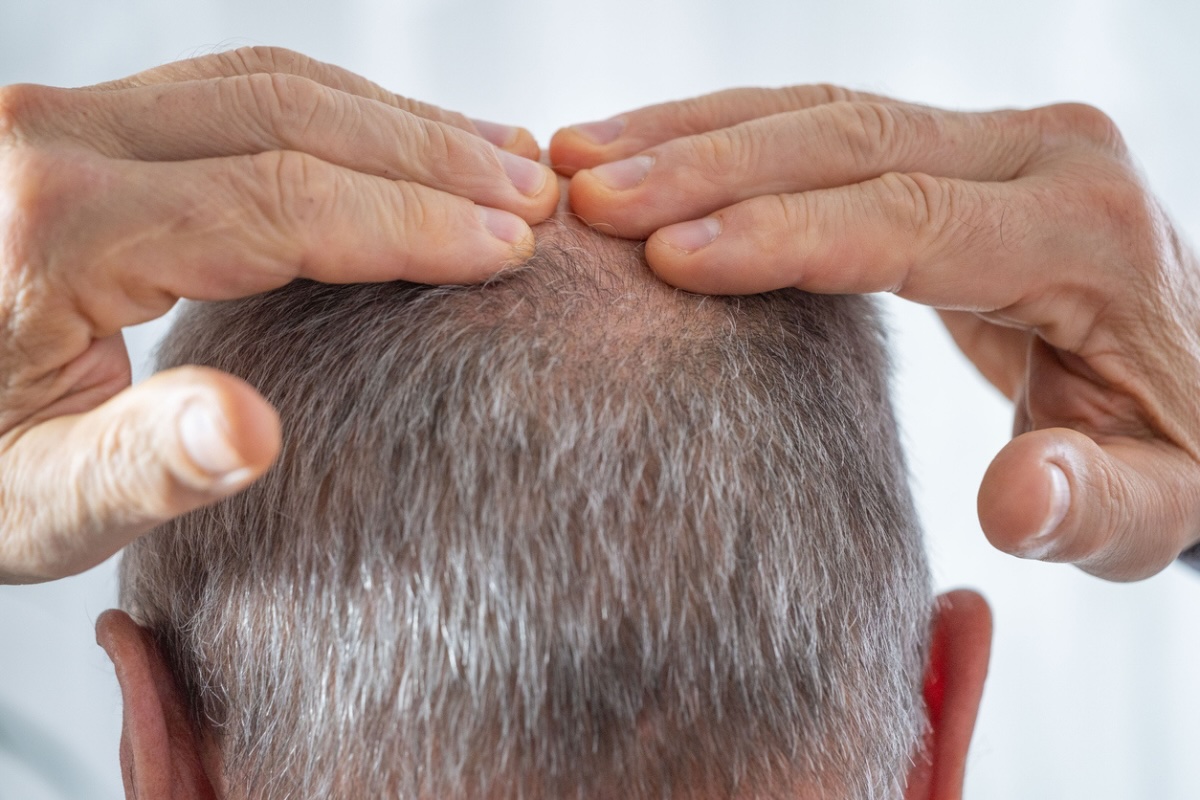This week we look at the severe psychological distress among health workers, a new Alzheimer’s test, and a better approach to chronic pain.
Nipah Outbreak Weighs Heavily on Kerala Health Workers
New research – appearing this week in The Primary Care Companion of CNS Disorders – revealed that Indian health workers fought through high levels of psychological distress in the aftermath of the September 2023 Nipah virus outbreak in Kozhikode, Kerala. The study found that 21.2% of hospital staff experienced clinically significant depression. Another 18% reported anxiety symptoms.
The outbreak resulted in six confirmed cases and two deaths. It was the Indian state’s fourth and the country’s sixth since 2001. But an unexpected delay in diagnosis forced authorities to quarantine more than 100 health workers after a nurse tested positive.
The cross-sectional study showed that the outbreak hit the nursing staff the hardest. As a result, they endured much higher rates of depression and anxiety than other hospital staff. Those exposed to the virus – or endured the quarantine – suffered higher levels of psychological distress.
Researchers chalked up the mental health risks to Nipah’s high fatality rate, misinformation, and the sudden nature of the outbreak. Consequently, the authors called for institutional guidelines to support the psychological well-being of frontline workers ahead of future outbreaks. These recommendations should include regular updates, counseling, and structured debriefings.
IN OTHER PSYCHIATRY AND NEUROLOGY NEWS
- A Journal of Clinical Psychiatry commentary discusses the potential (and possible limitations) of blood-based biomarker testing in the detection and diagnosis of Alzheimer’s.
- A PCC case report highlights how oxcarbazepine-induced reduction of aripiprazole levels led to a recurrence of manic symptoms in a patient with bipolar disorder.
- Original research in JCP reveals that a one-day online CBT-based workshop for preventing postpartum depression (PPD) showed promise in reducing depressive and anxiety symptoms.
- Multidisciplinary care can help chronic pain patients feel better, quicker.
- And our series, “Emerging Approaches in Schizophrenia,” is back with a new installment.


